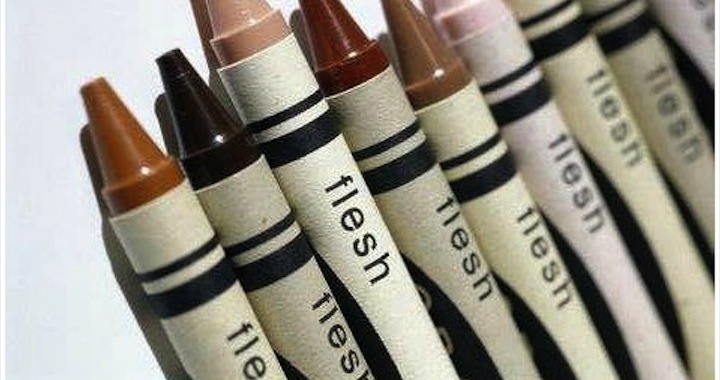Why Can't She Remember That? (reflection)
By Terry Meier
The part of the article that I thought was the most power is the section called "Children using language in powerful ways." Terry Meier uses examples of children using their brilliant linguistic skills in order to get out of situations. Marisa and her father were having a conversation and her father offered her a taco with chile. Marisa's father was teasing her because she doesn't like chile and she responded by saying she would hit him. Realizing that her father thought she had gone to far and was going to receive punishment, she changed her verbal behavior and started singing all of the people she would hit. This got her out of trouble because she convinced her father she was teasing. She is three and she had the quick-thinking switch from threat to teasing behavior! Another example she used was Lindsey's ability to get what she wanted through different verbal tactics. She started reciting a part of a book her mother read to her one time to charm her mother into pulling over the car to retrieve the rice cake Lindsey dropped. Finally the last example was Lem getting out of trouble coming up with a poem on the spot using the threat his mother used. Meier states, "Each of these preschoolers, socialized in very different linguistic and cultural communities, demonstrates the ability to use language in powerful ways to negotiate relationships with other people and to accomplish his of her social purposes." All of these kids show that they are smart and bright kids. Their ability to think up ways to get out of situations and get them what they want is so surprising! Its insane how smart kids actually are and we don't give them enough credit for their abilities. All children are so bright and have great potential to strive for success. The fact that these kids can learn their linguistic abilities through what they read and their interactions with their community is something that we should use to our advantage. All parents should read and talk to their kids in great amounts everyday. Kids are bright and soak up everything and anything they can.
This article talks about the importance of having as many conversation as possible with your child in order for them to grow in their linguistic abilities.




